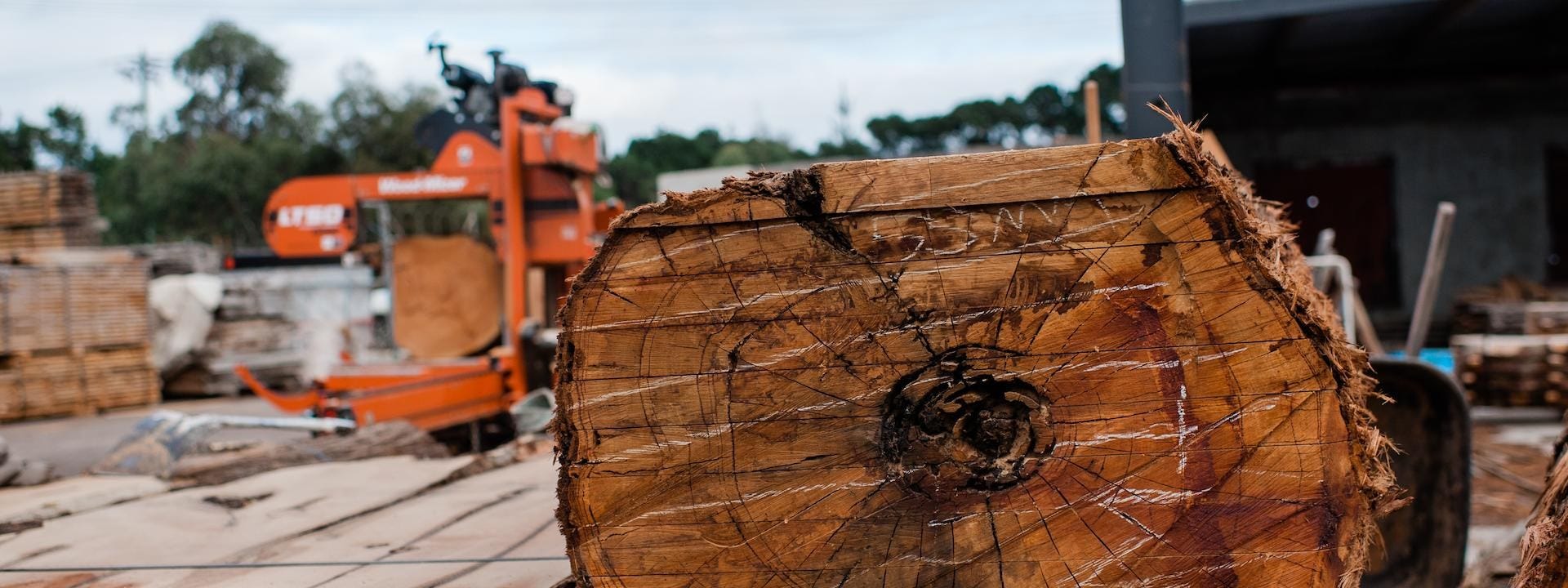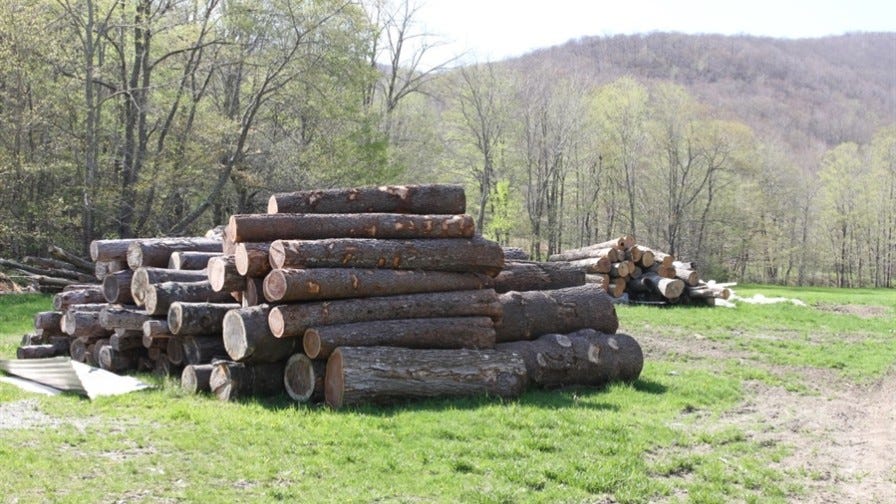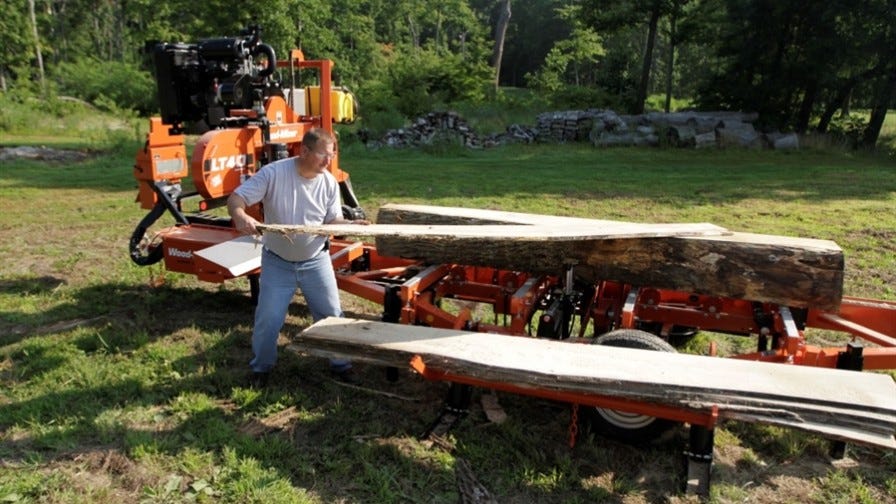By Jack Petree, Tradeworld Communications
February 19, 2020
Taken collectively, portable band sawmills, like the Wood-Mizer you’ve come to know and love, represent one of the most powerful environmental tools introduced to the marketplace in recent decades. Successfully marketing a product like the lumber you mill on your Wood-Mizer is all about gaining an edge over competing products a potential customer might be considering. The environmental story you can tell about that lumber is that marketing edge, but you have to make sure you tell the story well.
I already hear three objections as you read this article, the same objections I’ve heard throughout my years as an environmental writer and marketing consultant. Each of the objections make sense but each objection in reality, also represents opportunity for you as a sawmill owner.
1. “Whenever I hear people talking about environmental issues, it always ends up in a big political argument. I don’t want to take sides, I just want to sell the lumber I’m making.”
The concern that discussions of environmental issues often end up as big political arguments is well founded but, those discussions can only be unfriendly if you allow them to be. Over the years I have diffused some highly charged environmental by saying something similar to, “There’s as many opinions on climate change and other issues as there are people. I’m proud of the fact that sawmills like mine recycle or make use of millions of board feet of wood every year that would be chipped up or burned or left to rot in the woods if I didn’t turn it into lumber. Every time I mill up a blown down tree into lumber I’m replacing the need to cut a living and growing tree and I think that is a good thing. I’ll leave the big arguments to others and I’ll just do what I can one tree at a time.”
2. “Most of the people I know might consider themselves to be environmentally sensitive, but they aren’t going to pay much extra to actually act on what they are saying.”
This objection making the environmental argument in favor of a sawmill also holds a kernel of truth, the fact is most people will only pay a small premium simply to buy any product, from lumber to toilet paper, just because it is the environmentally sensitive thing to do. Most important, all other things being equal, people are proud of themselves when they get to do the “environmental” thing at little cost. So, imagine you’re selling maple to be used for flooring, you are in competition with other sources. A strategy some use in this situation is to keep track of where the lumber you produce comes from and tell the potential purchaser about it, especially if the story is interesting. People love to know where their lumber came from and they will talk about it with others.
If the choice is purchasing quality hardwood material from a mass producer or purchasing a product that is locally made with a story about where the wood originated and how it might have all been wasted if the customer hadn’t bought it, you will win. Sometimes you might realize a slight premium and sometimes not, but if you’re selling the wood anyway and you can provide a good story to go with it you’ve not only made a sale, you’ve created someone who will enjoy telling others the back story about the wood. And as anyone who runs a Wood-Mizer can attest, word of mouth is increased sales potential.
3. “I don’t know enough about environmental issues to really discuss them intelligently. I’d rather just avoid the issue completely.”
As a Wood-Mizer owner you have a natural connection with the resource you work with every day. You don’t need to be an expert to express your environmental ethic. You see the good things you do for forests and for people as you work. Your actions describe who you are, so don’t be afraid to talk about your everyday work in the course of ordinary conversation. Think about some of the things you’ve done over time, the blow downs you’ve turned into useful lumber, the lumber you’ve milled from thinnings that would have gone to the pulp mill otherwise, the farmer able to restore an old barn because you were able to mill his or her trees into lumber at a reasonable price, and the logs you were able to recover from a developer’s burn pile. Short stories about little things add up over time and help provide you the marketing edge you need to promote your product and increase your profitability.
Jack Petree owns Tradeworld Communications, a Pacific Northwest Company specializing in environmental marketing. Petree’s book, Advertising your Financial Services, was based on a syndicated column that was carried by more than 40 trade magazines including several dealing with timber harvest, sawmilling, and woodworking. Jack’s son, Simon, owns Green Leaf Forest Products, a successful sawmilling operation near Lynden, Washington.





